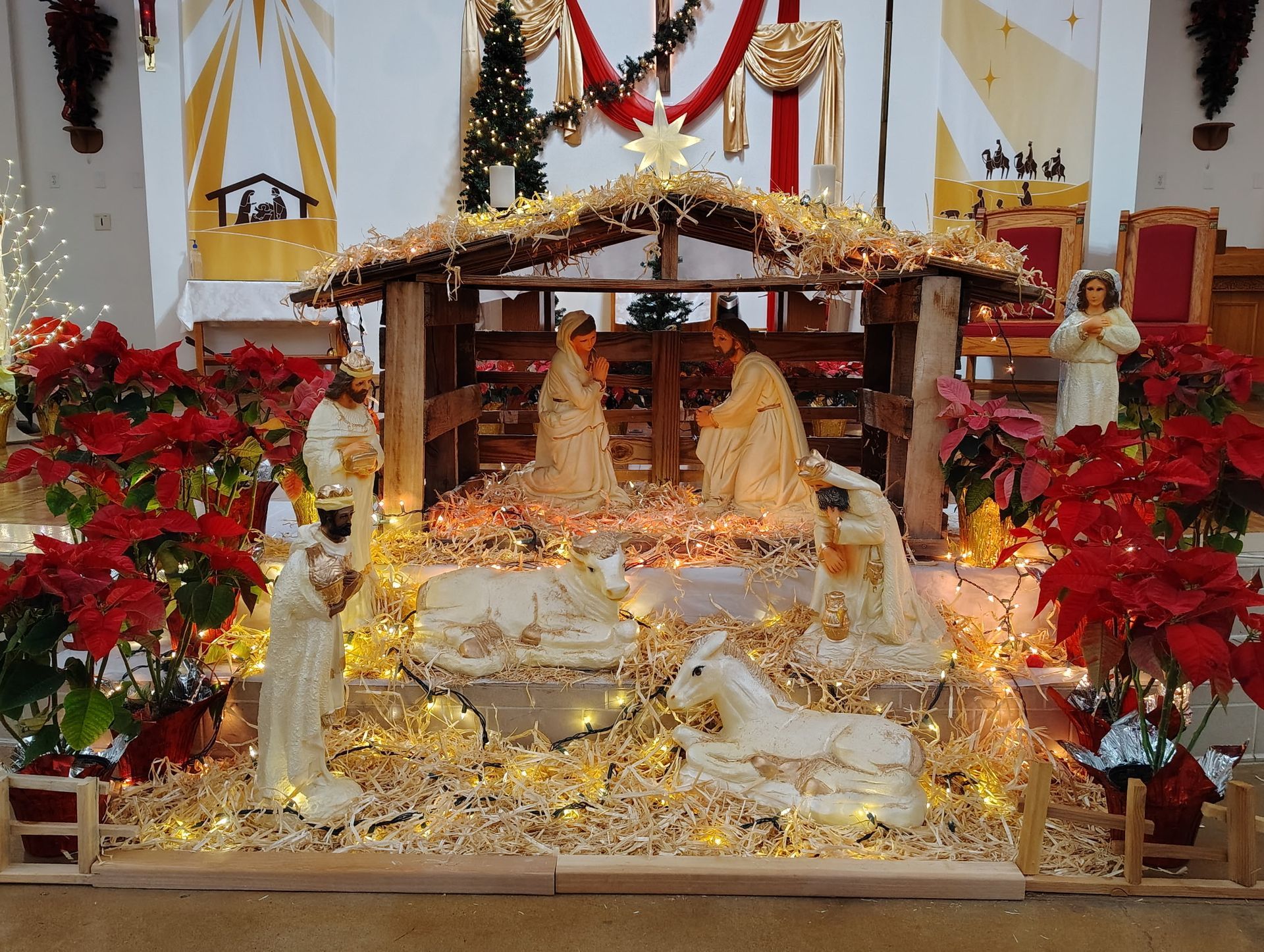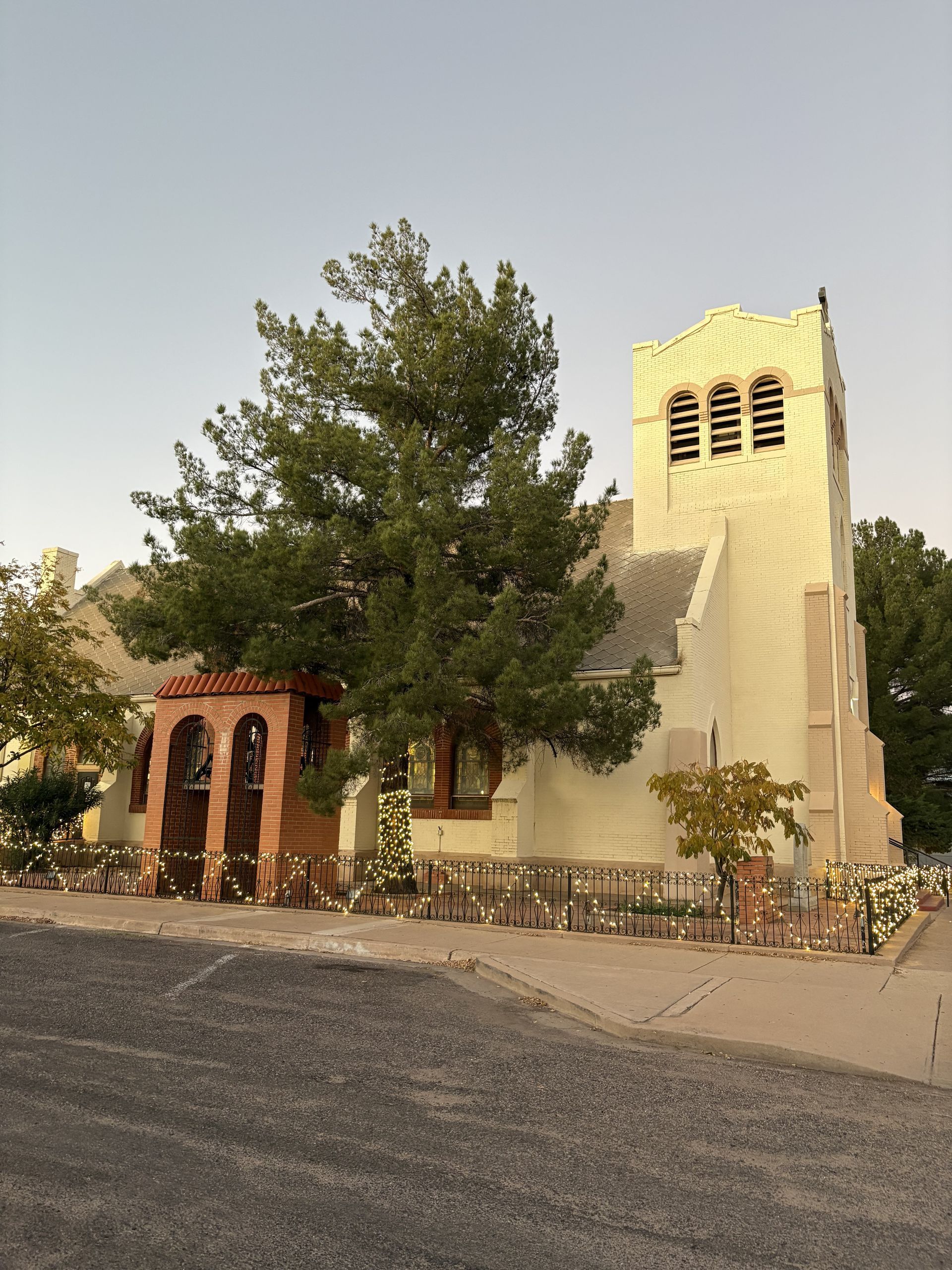The parable of the talents is an extraordinary display of God confidently entrusting us the wealth of his kingdom, the treasures of his reign. The fact that the text has been placed in the 25 th chapter of Matthew, towards the end of the gospel, powerfully depicts the religious conduct of a follower while awaiting the last judgment. While in the past few weeks, we heard messages of watchfulness and readiness, this parable highlights the clear and unmistakable message of our current life in the world, the state of worldly affairs, faithful observance of God’s will, not only in words but more importantly, the doing, in action, that is, how to prepare and to be prepared: works of love, charitable acts, focusing on the goodness of humanity.
Talents are substantial amount of money with varying interpretations in terms of the exact number but in this context, they are highly symbolic of God’s precious gifts and the immensity of his grace. To safeguard what God has entrusted in our keeping is our top and highest priority. By way of interpretation, talents represent knowledge of the secrets of God or knowledge of the mysteries of the kingdom of heaven. They are the gifts and abilities. They are the endowments, everything we have received. Talents are not our possessions but gracious gifts to be used in the service of God. Others have just heard about it but we, in contrast, knew what it meant. We have insider information. Use it or lose it. You cannot ignore it. Talents are provided at our disposal for the benefit of the Lord’s kingdom, especially as we wait for the time of reckoning, the final judgment. In this sense, the reign of God which we often hear is understood not so much as a location but as his dynamic force on earth, however invisible. In giving us the talents, he expects us to be responsible and accountable stewards, to do something with it, to engage in activities that will make them fruitful, to make them profitable, to invest in the knowledge of the kingdom. The servants handled the unequal amount of talents given to them according to their individual capabilities, differently. Although some got more, others less, they exhibited two contrasting behaviors and responses. The first who received five talents immediately went out and invested them. The second who had two talents did the same. Since the first two invested and actually, doubled what they got, God applauded and promoted them to greater responsibilities and invited them to come share in his joy. Come share in your master’s happiness! Well done, good and faithful servant! Come and take your reward! This praise that brings music to our ears is quite astounding. What was commended wasn’t simply the successful outcome, but the effort exerted which involved great risks.
Because a significant section has been devoted to the slothful, wicked, and lazy third servant, the conversation comprising almost half of the entire episode, this must have been the focus of the parable. A parable is Jesus’ way of explaining things indirectly. Whenever there’s confusion or disagreement, he strikes his point and clarifies him by way of parable. It goes without saying that there must have been a controversy. On the third servant’s part, there was just an absence of gratitude, devoid of any sort of appreciation of the gifts received. What the final servant was only interested was security and protection and not service. That’s why he buried the talent which diminished any potential growth. He avoided loss and totally missed out on making anything out of it. Playing safe, out of fear of losing an extremely large sum of money may have been the right thing to do back then but doesn’t contribute (no pun intended) to the edification of the kingdom. God’s unmerited grace must not be hoarded but multiplied. This leads us to say that if we are lukewarm and disengaged and make all the excuses in the world giving everyone the impression church’s mission is unimaginably difficult and impossible to attain, God will make a harsh condemnation on us as never heard before. If we presume things would go well in the end without us having any part in it, God will stunningly rebuke and severely punish us for not sharing the perennial gifts of kindness, generosity, hospitality and love. We get it now. We owe God service in our parish community. It is not enough to keep, preserve and simply give him back what we have received in its original form. That talent must bear fruit not for our own but for God’s advantage, for the sake of the community. Whenever we engage in these sacred activities, we are turning talent into profit and become reliable servants. What are your amazing and unique God-given talents that can be put to beneficial use or already? Let’s take an inventory of the gifts received and invest them.
The fact that the first reading is taken from Proverbs 31: 10, “When one finds a worthy wife, her value is far beyond pearls” and moves on with “Her husband entrusting her heart to her, has an unfailing prize.” We need decent, God-fearing women to overturn the culture of death into the culture of life. Women are the front-liners in the battle against society's moral decadence. They are the first line of defense against rampant exploitation. Women have important roles in putting an end to all threats to life.
Understandably, many of us are probably left with more questions than answers such as where and how to begin. The truth is, we have everything at our disposal to start somewhere. And that there is no excuse for doing nothing at all. Everything we do in the church involves great risks of failure, limits of role, and of being misconstrued, etc. However, we can never go wrong with works of charity for the good of others such as prioritizing the troubled, the sick, the orphan, the isolated, the addicted, the excluded in society and those who are less fortunate than us. No act of kindness ends up in failure. As we brace for the worst and darkest moments of this pandemic, we especially extend prayers and gratitude to the front-liners regardless of the nature of the job, all those who put their lives on the line, those whose lives are at risk for the greater good. No words can express our deep appreciation to these martyrs of charity as they have exemplified both a heroic and saintly act which will be remembered in our community.
A week before the end of the liturgical season, days before Thanksgiving, shaped and fashioned by the Matthean community with a huge emphasis on the institutional church, the parable of the talents leaves us once again with an open-ended question, whether to do something with the God-given talent (natural ability, financial resource, spiritual gift and virtue), or bury it. It’s up to you but if I were you, invest on it even if it’s risky or you’ll be sorry. If the last judgment arrives at this moment, what response do you think would God give you? Amen.



